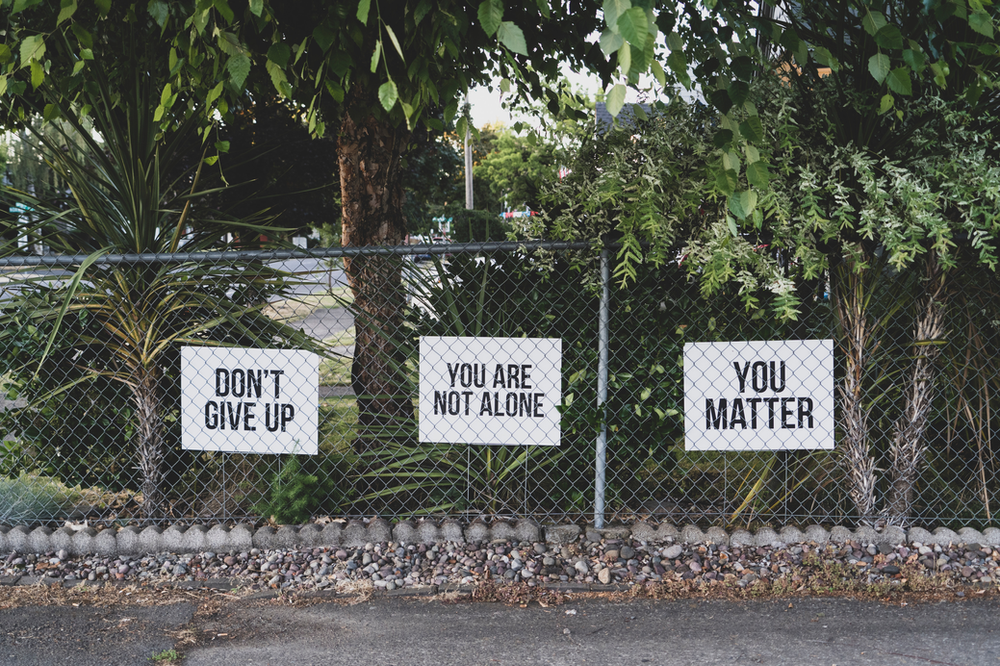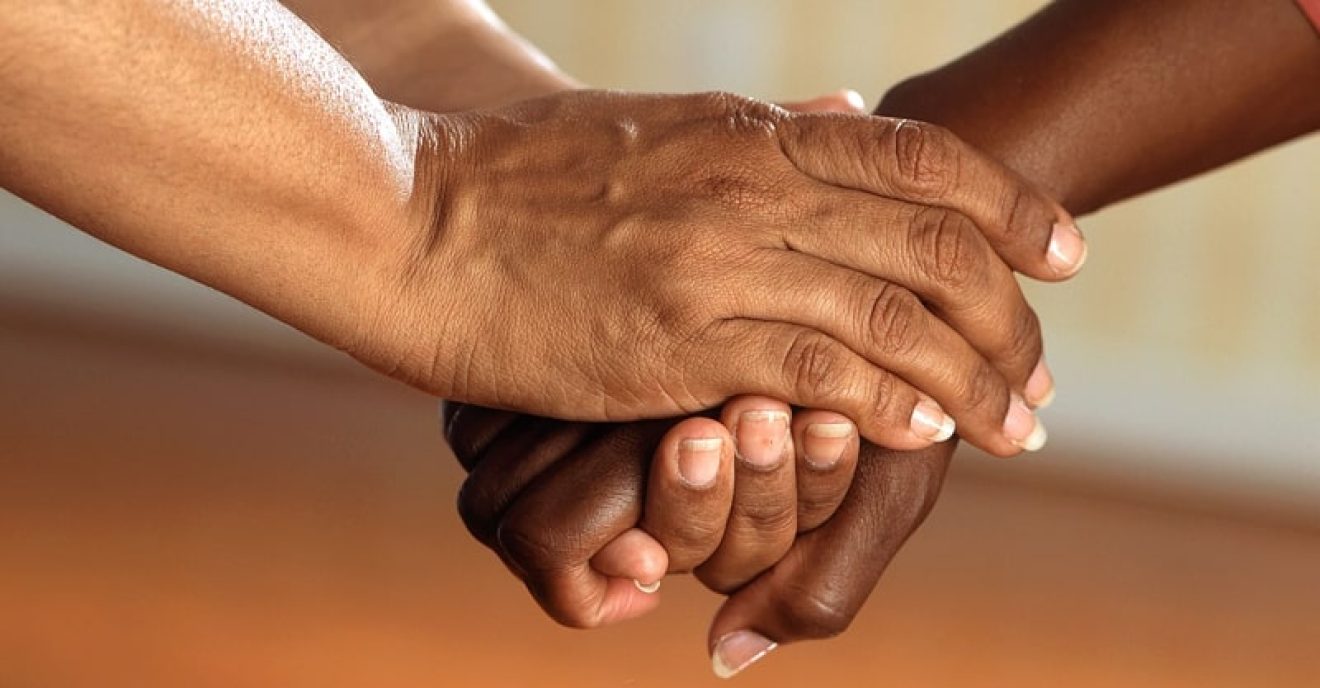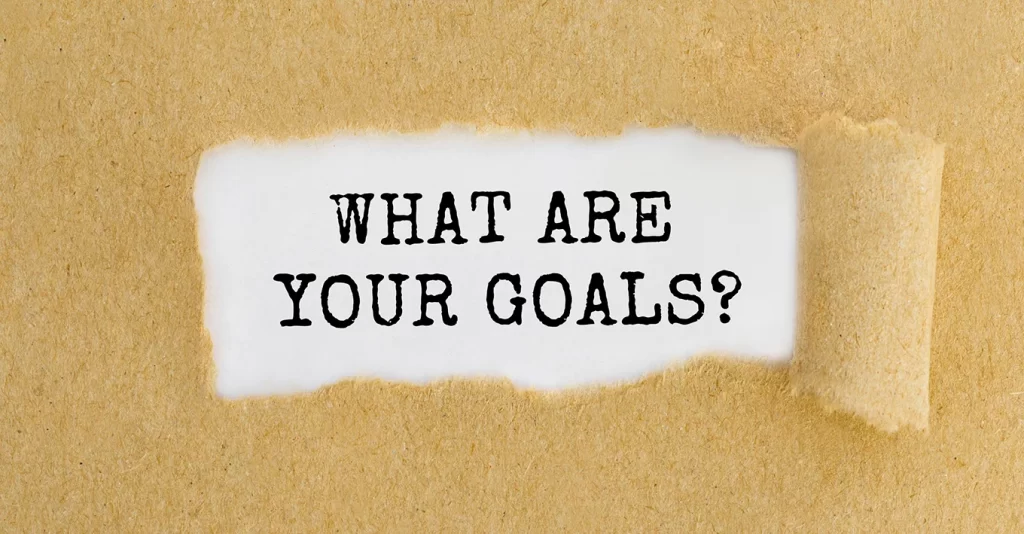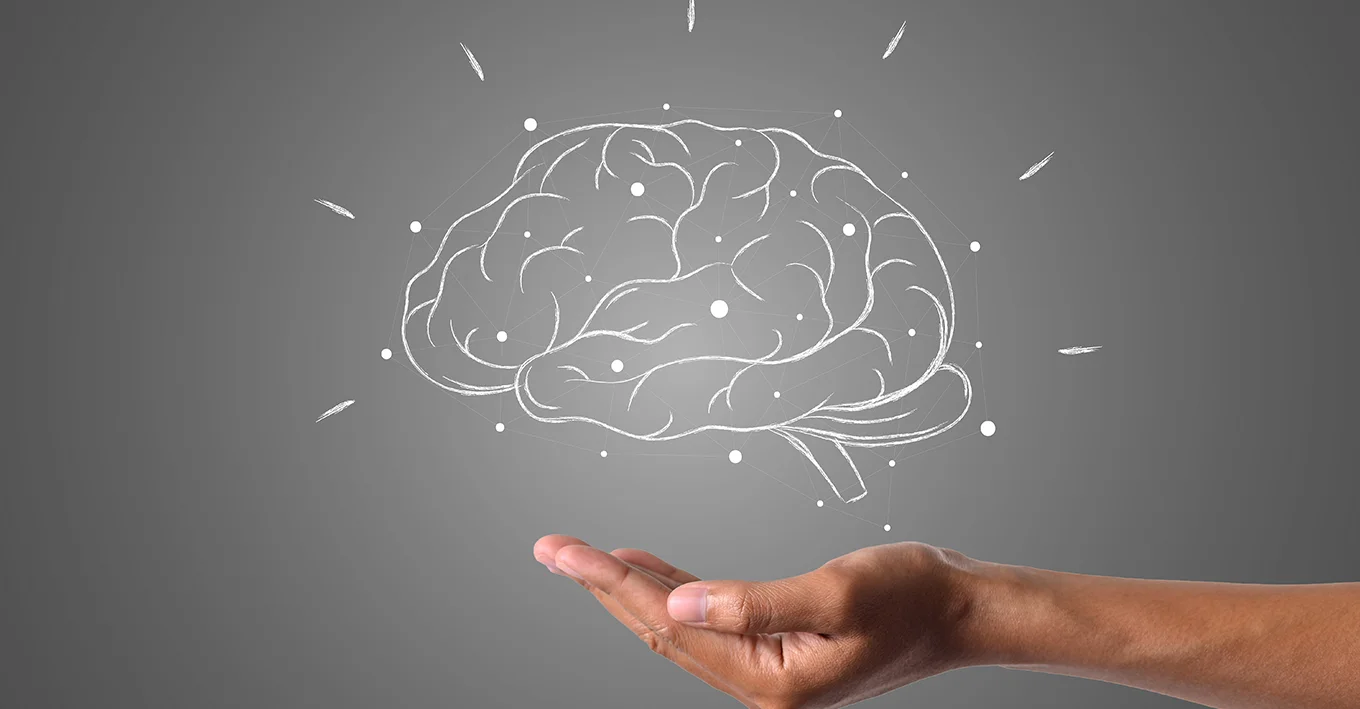What Is Empathy and Why Is It Important?
Have you ever had one of those days when you just needed someone to talk to, someone to really get how you were feeling? Have you ever felt totally misunderstood by your spouse or a friend? Well, if you have, you were more than likely needing a dose of empathy.
Feeling heard and understood is a human need. Everyone needs to feel understood. Empathy helps us get in touch with our feelings and gives us an emotional understanding of ourselves and others.
Can Empathy Be Learned?
Feeling understood is not only a basic human need but it is also how we connect, help, and support one another. If we can’t recognize someone in pain, how can we support them? If we are unable to accept and empathize with our own emotions, it is difficult to be present to people around us. And for this reason, empathy is crucial for our interconnectivity.
The good news is that like other emotional intelligence (or EQ) skills, empathy can be learned and practiced. Unlike IQ or the genes, you inherited from your parents, we can apply ourselves and develop a greater understanding and know-how in relating to our own and others’ feelings. And we can even extend this type of compassionate empathy virtually, which helps bridge the distance or separation we may feel.

What Does Empathy Mean? 4 Qualities that Describe Empathy
“Learning to stand in somebody else’s shoes, to see through their eyes, that’s how peace begins. It’s up to you to make that happen. Empathy is a quality of character that can change world.” – Barack Obama
This quote is very key. If we are filled with our own reactions or pain, it is nearly impossible to see or feel what it’s like from another’s experience because their emotions will set off a chain reaction of our own unresolved emotions. So, one of the first keys of empathy is to be aware of our own emotions. It is only with this awareness that we can be present to another.nn In the article, “Brené Brown on Empathy vs Sympathy,” by Psychology Today, the four qualities of empathy are outlined as:
1) to be able to see the world as others see it
2) to be non-judgmental
3) to understand another’s feelings
4) to communicate your understanding of that person’s feelings

The Difference between Empathy vs Sympathy
Many people think they’re being empathetic when they’re being sympathetic (because they feel sorry for the person) or asserting a feeling stopper (because they don’t know how to respond or relate to the feelings of the other person). Or sometimes the experience trips emotional triggers and unresolved issues in their own lives so they quickly minimize the person’s experience.
These critical components are not as easy as they would seem. Our own past experiences can interfere with connecting to another person. Once an emotion is triggered, it can be difficult to show empathy or be present in a genuine way.
Roman Krzanic, A popular speaker and co-founder of The School of Life argue,” Empathy, not apathy or sympathy, is at the heart of who we are. By looking outward and attempting to identify with the experiences of others, Krzanic argues, we can become not only a more equal society but also a happier and more creative one.

An important goal in our relationships is to connect. Empathy creates connection while sympathy creates separation and disconnection. With empathy, there is a resonance between people, a bridge of understanding is built between them that strengthens trust and connection. However, with sympathy, there is a fixation on one person’s experience rather than understanding and connection.
Don’t Take Responsibility for Other’s Emotions
Another obstacle to expressing authentic empathy is the tendency to believe that we’re responsible for making other people feel better, especially those we love. You can be present to someone having a difficult time, yet not take on their energy or allow their emotions to weigh you down. Caring is connecting and supporting, not taking responsibility for their emotions. Imagine if everyone else’s emotions were our responsibility—yikes, we’d be so overwhelmed! No wonder our first knee-jerk reaction sometimes is to try to make others feel better.
Empathy doesn’t ask us to take responsibility for someone else’s feelings.
Empathy is the ability to truly be present. It’s the ability to hold a safe space for others to feel their own emotions completely and to be able to understand their experience.















